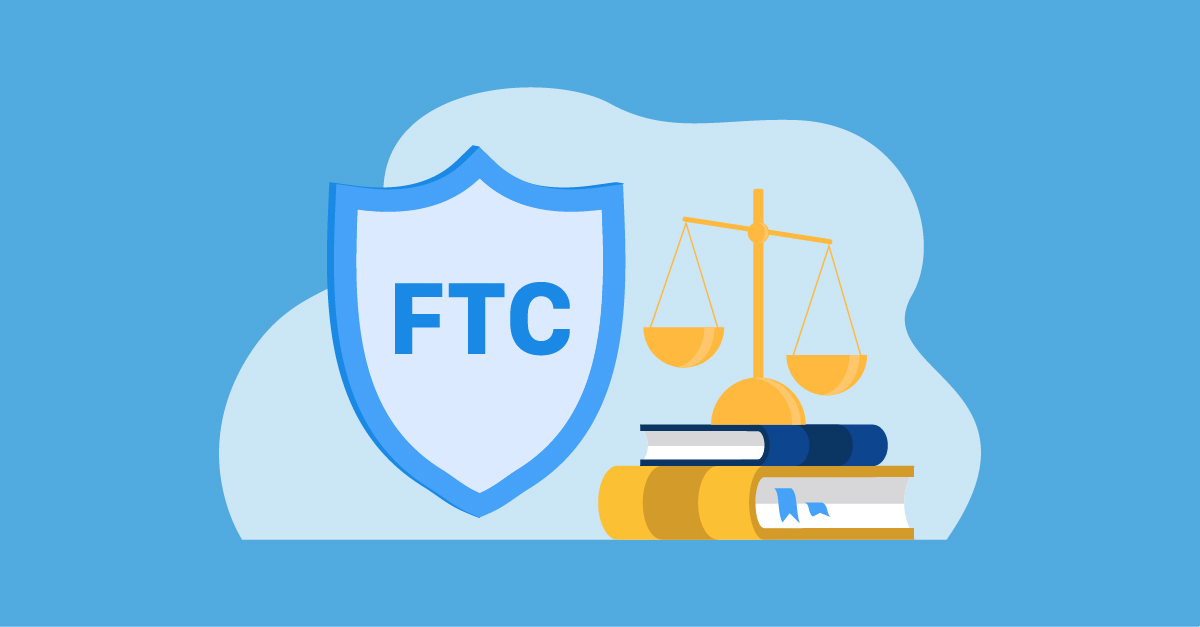This blog expands upon the topics discussed in our webinar, “From Insights to Strategy: Using Negative Marketing Signals and Campaign Analytics to Excel in Email Marketing.”
The digital landscape continues to evolve, and looking ahead to the remainder of 2023 and beyond, four significant areas stand out: artificial intelligence (AI), privacy regulations, performance tracking, and email deliverability.
Privacy regulations, in particular, have become a recurring challenge for marketers. With new laws emerging worldwide and existing ones gaining prominence, it’s essential to understand the implications and adapt strategies accordingly.
In this blog, we’ll explore the main challenges email marketers will face around ever-changing privacy laws and the potential impact on email marketing and compliance.
The Complex Web of Privacy Regulations
Privacy regulations have surged in recent years, with prominent examples including the General Data Protection Regulation (GDPR) in the EU and the California Consumer Privacy Act (CCPA) in the United States. Additionally, several states are actively working on their own data privacy laws.
These laws often vary in requirements and enforcement, making compliance challenging for marketers.
The Need for a Federal Privacy Law
Given the proliferation of state-level privacy laws, the need for a comprehensive federal privacy law has become evident. While discussions on a national privacy law have taken place, progress has been slow, and a federal law is yet to be enacted.
The absence of a unified privacy framework adds to the complexities and challenges for marketers, as compliance requirements can differ significantly from one jurisdiction to another.
This has created a marketing environment that will need help to scale in the future. Marketers must consider crafting specialized marketing content for different states to comply with the various privacy laws.
The Increasing Importance of Data Privacy
Do you remember the Cambridge Analytica scandal, where Facebook information was allegedly used to influence public opinion on social matters?
It's alarming that they obtained such valuable data simply by encouraging people to take a quiz on the platform.
Incidents like this have brought data privacy to the forefront as a critical concern for individuals and organizations. As a result of this scandal, countries have started taking data privacy more seriously, with the EU introducing GDPR in its aftermath. Consumers are now more aware of their privacy rights, and regulators are becoming more vigilant in enforcing compliance.
Marketers must prioritize data privacy and stay informed about the evolving landscape to build trust with subscribers and avoid substantial fines or legal consequences.
Navigating Compliance Challenges
Due to multiple external factors, achieving and maintaining compliance with privacy regulations can be daunting. It requires a thorough understanding of the specific requirements in each jurisdiction, including consent management, data handling, and individual rights.
To make things even more complicated, these privacy laws are constantly in flux and always changing. And with new technology and platforms being continuously introduced, things likely won’t get any less complicated anytime soon.
To combat these compliance challenges, marketers must adopt robust data governance practices, implement transparent privacy policies, and ensure proper mechanisms for obtaining and managing consent from subscribers.
The Consequences of Non-Compliance
Non-compliance with privacy regulations can have severe consequences. Fines for violations can be substantial, potentially reaching thousands of dollars per email sent with a violation.
There’s also the possibility of losing the trust of customers and business associates. This type of reputational harm can also cause negative impacts on the bottom lines of organizations.
Falling victim to non-compliance can be detrimental to a company, so marketers must recognize the potential financial and reputational risks and take proactive measures to protect their businesses.
Mitigating Risks Around Privacy Regulations
Privacy regulations pose ongoing challenges for email marketers, requiring them to adapt their strategies and practices to meet evolving compliance requirements. Keeping a close eye on privacy developments, investing in comprehensive data governance, and prioritizing transparency and consent management are crucial to ensure compliance.
By staying informed and proactive, marketers can navigate the complex landscape of privacy regulations and maintain the trust of their subscribers while safeguarding their businesses from potential penalties.
Keeping on top of regulations, as they pertain to email compliance, is a top concern at LashBack. LashBack provides organizations with the tools they need to automatically detect and remediate specified non-compliant, branded email content.
Keep an eye out for our other blogs, where we discuss the topics of AI, performance tracking, and email deliverability.




